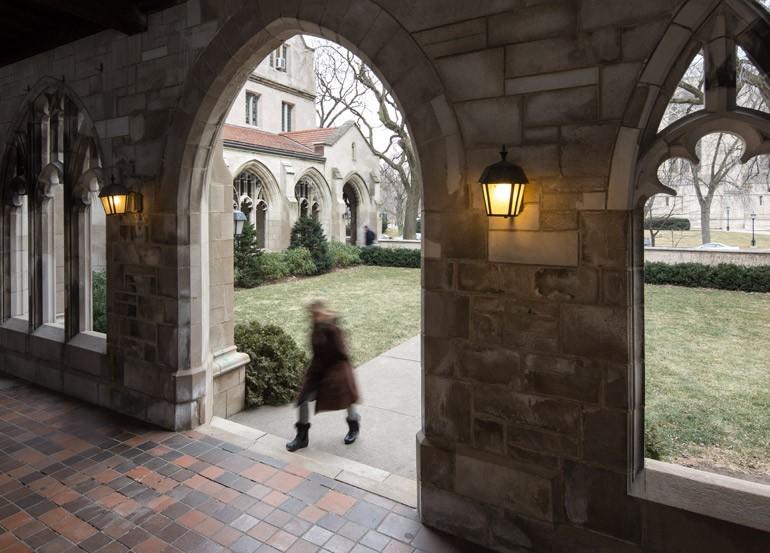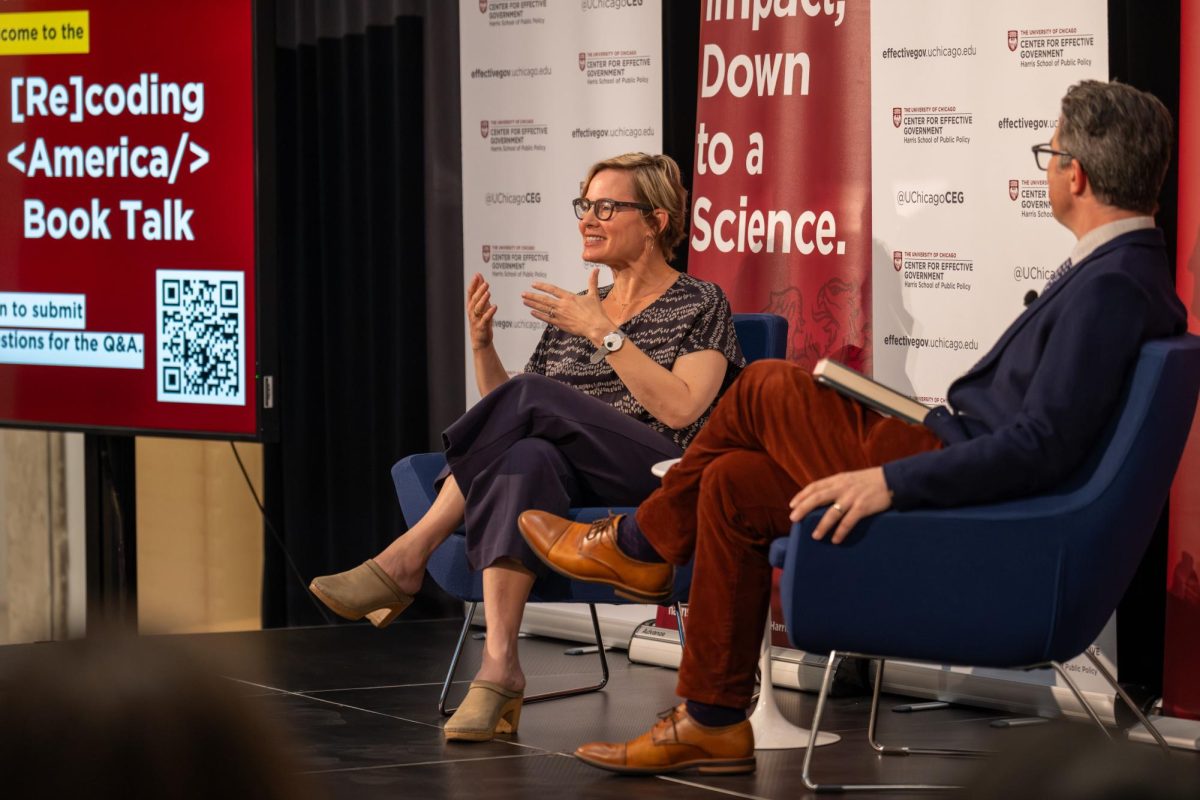This summer and autumn, most RSOs advertised, recruited, and selected new members virtually for the first time. From performing arts groups to academic competition-based clubs, RSO leaders adapted to the new format in similar and different ways, like revamping social media accounts and implementing Zoom activities for new members to bond.
The Maroon asked Moot Court, the improv group Off-Off Campus, and the dance group UChicago Maya about how they spread information this summer, how they modified their tryouts and auditions, and what the advantages and disadvantages were of the virtual recruitment cycle.
Moot Court
The Moot Court president, third-year Marc Motter, said that even though the “essence” of the process didn’t really change this autumn, the biggest factor to consider was transferring over the community aspect of both attracting new members and conducting tryouts. “We pride ourselves on having a pretty strong and cohesive community in general, so bringing in new people who we haven’t met personally before was the biggest barrier to overcome,” he said. To mitigate that problem, Moot Court implemented many Zoom breakout rooms so that interested members could directly speak with current members about their club.
Motter said another major disadvantage of the online format as a whole was not having a clear idea of how many people would be interested. “Going into the first week of practices, we had no idea if there were five new people or 30 new people. It worked out that we had 40 new people in our first meeting, which was very encouraging and affirming of the work we had done,” he said.
An advantage of the online format Motter saw was that the barrier to entry for interested students was lower. “All you have to do is hop on a Zoom link and listen to people [talk about Moot Court]. It’s a little bit easier than having to go to a Reg room,” he said. Motter also said that smaller Zoom breakout rooms allowed people to ask more questions than they would otherwise.
In reflecting on how Moot Court might further change their process should there be another virtual cycle, Motter said that “taking advantage of social media was pretty helpful and pushing that earlier on would probably be something we’d focus on. Just from the few people I asked about [how they heard about us], I think it was 50 percent from Facebook, 25 percent from info sessions, and 25 percent from the RSO fair and word of mouth.”
The club also hopes to foster a stronger sense of community in the future by hosting bonding events over Zoom. “We’re still working on how to structure those events and make them worthwhile and effective in terms of building the Moot Court community,” Motter said.
Off-Off Campus
Fourth-year Matt Bonanno, the production manager of Off-Off Campus, explained that their casting committee had to adapt quickly from in-person (while masked) audition plans, to outdoor audition plans, to finally a completely virtual audition plan, as circumstances changed over the summer.
They also had to adjust their advertising. “We learned that first years don’t use Facebook as much as people my age do,” Bonanno said. “I hate saying that because it makes me sound like I’m 37 years old, but when we were really pushing things on Facebook, we were just getting likes from people that were [fourth-years].” In response, they did more advertising on Instagram and utilized the UChicago 2024 Instagram page.
Like Moot Court, Bonanno also found that the more fun, personal interactions were lost online. “Every time we cast a new group of people, we call them ‘generations,’” he said. Bonanno explained that this traditions and others give Off-Off a “familial structure” that is hard to maintain virtually. “It definitely made me sad that we were limited in how we could welcome the new kids.”
Overall, Bonanno thought the virtual auditions were a success due to the diversity of the applicant pool. “It’s less about the raw numbers of people who audition and more about making sure that we see a good swath of people––a good diverse pool that we can draw from…and I mean diverse both in terms of identity but also in terms of just comedy styles, like big, really funny people, and more quiet, witty people, and weird, quirky people. We really want it all,” Bonanno said.
In reflecting on how Off-Off might adapt its process in another (hypothetical) virtual cycle, Bonanno said that they may reconsider how they use the virtual O-Week show to get people to “spend time with our RSO.”
UChicago Maya
Similar to normal auditions, this year UChicago Maya had both an asynchronous slow choreography session which tested the ability to execute on more technical pieces and a synchronous fast choreography session which tested the ability to pick up intricate combinations quickly. Fourth-year Emma Staelens taught the former and fourth-year Liam Chai taught the latter.
Chai and Staelens, UChicago Maya’s directors, said that translating a physical medium to a digital platform proved difficult. Chai pointed to differences in the left and right parts of the body on camera, and Staelens explained the difficulty of not receiving feedback from dancers as to how well they’re learning.
“It kind of feels like you're dancing all by yourself and it's really difficult to get that feel of what's going on in everyone's mind because you're not together,” Staelens said.
“I also start off most of my virtual classes now by saying that humans are [given] opposable thumbs for a reason, so give me a thumbs up if things are fine,” Chai said.
An advantage of online recruitment was that more people were able to participate in workshops and auditions. Staelens, Chai, and two assistant directors held open dance workshops on Zoom every other week, which Staelens said allowed for more outreach.
“[It] really gave us an opportunity to reach more people, be less selective, and allow everyone to be able to dance with us and get an idea of what UChicago Maya is. That's something that we haven't done in the past. And now that it is virtual, that is something that we could do with dancers that are currently located all over the world,” Staelens said.
Though UChicago Maya has been considering in-person rehearsals, Chai said that the University’s safety policies were unclear. “My personal opinion here is that the University actually has not done a great job elaborating on these policies,” he said.
“If you go to the Center of Leadership and Involvement website now, they still don't state explicit policies for dance groups and a cappella groups, which is what they said they would announce right before the school year started. So, a lot of these conversations have been happening on the side without explicit policies being set yet,” Chai said. This is why UChicago Maya is prioritizing transparency about changes in safety guidelines with their “family,” as both Staelens and Chai referred to their members.
They’re still working through connecting virtually with their new members, as both Moot Court and Off-Off have experienced. “We have to be creative and think outside the box and come up with new [experiences], which is a challenge but also an opportunity,” Staelens said.










